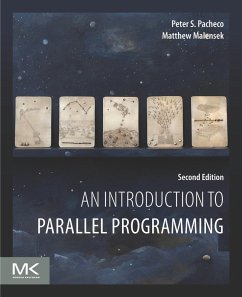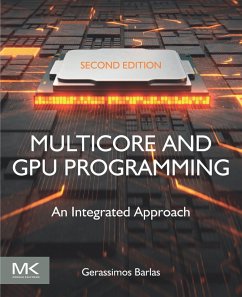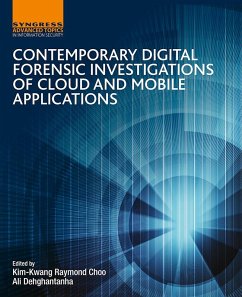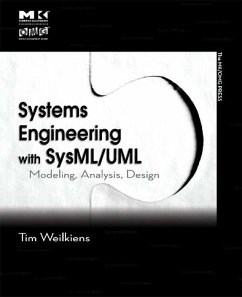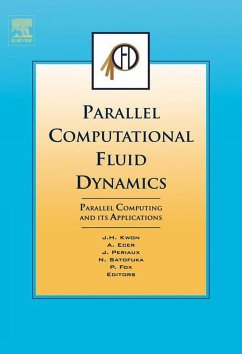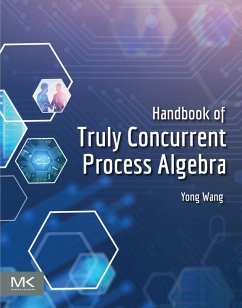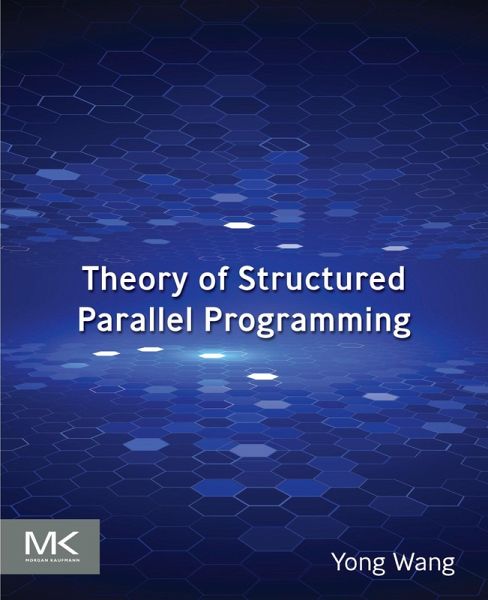
Theory of Structured Parallel Programming (eBook, ePUB)

PAYBACK Punkte
63 °P sammeln!
Theory of Structured Parallel Programming is a comprehensive guide to structured parallel programming corresponding to traditional structured sequential programming. The book provides readers with comprehensive coverage of theoretical foundations of structured parallel programming, including analyses of parallelism and concurrency, truly concurrent process algebras, building block-based structured parallel programming, modelling and verification of parallel programming language, modelling and verification of parallel programming patterns, as well as modeling and verification of distributed sys...
Theory of Structured Parallel Programming is a comprehensive guide to structured parallel programming corresponding to traditional structured sequential programming. The book provides readers with comprehensive coverage of theoretical foundations of structured parallel programming, including analyses of parallelism and concurrency, truly concurrent process algebras, building block-based structured parallel programming, modelling and verification of parallel programming language, modelling and verification of parallel programming patterns, as well as modeling and verification of distributed systems.There have been always two ways to approach parallel computing: one is the structured way, and the other is the graph-based (true concurrent) way. The structured way is often based on the interleaving semantics, such as process algebra CCS. Since the parallelism in interleaving semantics is not a fundamental computational pattern (the parallel operator can be replaced by alternative composition and sequential composition), the parallel operator often does not occur as an explicit operator, such as in the mainstream programming languages C, C++, Java, et al. - Introduces algebraic properties and laws for structured parallel programming, one of the foundational concepts of Computer Science - Discusses modeling and verification of parallel programming language, parallel programming patterns, and distributed systems - Demonstrates parallel programming language with its operational semantics, denotational semantics, axiomatic semantics, and their relations
Dieser Download kann aus rechtlichen Gründen nur mit Rechnungsadresse in A, B, BG, CY, CZ, D, DK, EW, E, FIN, F, GR, HR, H, IRL, I, LT, L, LR, M, NL, PL, P, R, S, SLO, SK ausgeliefert werden.



